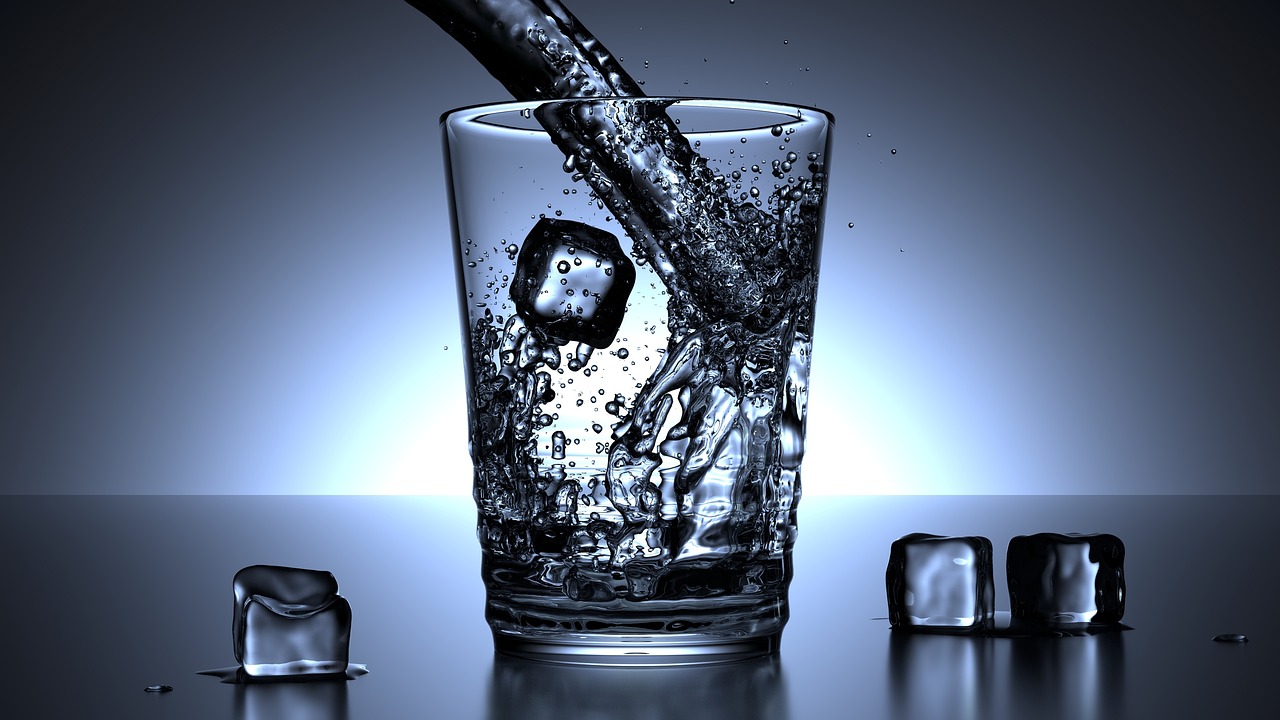Water is the elixir of life, an essential component of every cell, tissue, and organ in the human body. Staying hydrated is not just about quenching thirst; it plays a crucial role in digestion, circulation, temperature regulation, and even cognitive function. Despite its importance, many people fail to meet their daily water intake requirements, leading to dehydration and a cascade of health issues.
Proper hydration enhances energy levels, supports skin health, and maintains electrolyte balance, ensuring the body operates at peak performance. Whether you’re an athlete, a busy professional, or simply looking to improve your well-being, making hydration a priority can significantly impact your overall health.
The Science Behind Hydration: How Water Supports the Body
Water is the foundation of biological function. It acts as a solvent, transporting nutrients and oxygen to cells while flushing out toxins. Hydration is integral to:
- Cellular Function: Water facilitates biochemical reactions, allowing cells to generate energy efficiently.
- Temperature Regulation: Sweating and respiration rely on adequate fluid levels to prevent overheating.
- Joint and Muscle Health: Proper hydration lubricates joints and reduces muscle cramps, especially during physical activity.
- Brain Function: Even mild dehydration can impair focus, memory, and mood, leading to sluggish cognitive performance.
Hydration is not just about drinking water—it’s about ensuring your body receives the fluids it needs to sustain optimal physiological processes.
Signs of Dehydration and Its Impact on Well-being
Dehydration occurs when fluid loss exceeds intake, disrupting the body’s natural equilibrium. Common symptoms include:
- Persistent thirst and dry mouth
- Fatigue and dizziness due to reduced blood flow
- Headaches and brain fog caused by diminished oxygen supply to the brain
- Dark yellow urine indicating concentrated waste due to insufficient water intake
- Dry skin and premature aging as dehydration affects skin elasticity
Severe dehydration can lead to kidney problems, heat exhaustion, and electrolyte imbalances, making it crucial to replenish lost fluids regularly.
How Much Water Do You Really Need?
The standard recommendation of drinking eight glasses a day is a general guideline, but actual needs vary based on age, activity level, climate, and overall health.
- General daily intake: About 3.7 liters for men and 2.7 liters for women, including water from food sources.
- Active individuals: Higher intake is necessary due to sweat loss.
- Hot climates: Increased hydration is essential to prevent heat-related illnesses.
- Medical conditions: Individuals with kidney issues or certain medications may require adjusted fluid intake.
Listening to your body’s signals—such as thirst and urine color—can help you determine if you’re meeting your hydration needs.
Creative and Enjoyable Ways to Drink More Water
Infused Water with Natural Flavors
Plain water can feel monotonous, but adding natural flavors can make hydration enjoyable. Try infusing water with fresh fruits, herbs, and even edible flowers. Popular combinations include:
- Lemon and mint for a refreshing detox boost
- Cucumber and basil for a spa-like hydration experience
- Strawberries and citrus for a burst of natural sweetness
Hydrating Foods to Boost Fluid Intake
Not all hydration comes from drinking. Many fruits and vegetables are packed with water and essential nutrients:
- Watermelon and cucumbers (over 90% water content)
- Oranges and strawberries (high in vitamin C and hydration)
- Celery and lettuce (perfect low-calorie hydrating options)
Incorporating these foods into meals enhances hydration while delivering essential vitamins and minerals.
Using Smart Technology for Hydration Reminders
For those who often forget to drink water, technology can help. Hydration apps and smart water bottles track intake and send reminders, ensuring you meet your daily water goals.
Herbal Teas and Electrolyte-Rich Drinks
Hydration isn’t limited to plain water. Herbal teas, such as chamomile or ginger tea, provide hydration with added health benefits. For those engaged in intense workouts, electrolyte-rich drinks like coconut water help maintain mineral balance.
Fun Drinkware to Encourage More Sipping
Sometimes, the vessel makes all the difference. Investing in a stylish or motivational water bottle can make drinking water more appealing. Look for bottles with time markers or fun designs to encourage consistent hydration.
Hydration Myths Debunked
Misconceptions about hydration can lead to unnecessary confusion. Let’s clear up some common myths:
- “You should only drink water when thirsty.” By the time thirst kicks in, dehydration has already begun.
- “Coffee and tea dehydrate you.” While caffeine has a mild diuretic effect, moderate consumption still contributes to fluid intake.
- “Drinking too much water is harmless.” Overhydration can lead to water intoxication, diluting essential electrolytes in the bloodstream. Balance is key.
Summary: Making Hydration a Lifelong Habit
Staying hydrated is one of the simplest yet most effective ways to maintain overall health. By understanding hydration’s importance and implementing creative ways to increase water intake, you can enhance energy, focus, and well-being.
From infused water and hydrating foods to smart reminders and fun drinkware, making hydration a habit doesn’t have to be a chore. Prioritize water intake daily, and your body will thank you with increased vitality and long-term health.
Please like, comment, and share this article if you found it helpful and
informative.
Visit Big Town Bulletin if you would like to see more of this content.
Please like, comment, and share this article if you found it helpful and
informative.
For more news check out Big Town Bulletin News
For more from Big Town Bulletin check out Big Town Bulletin


